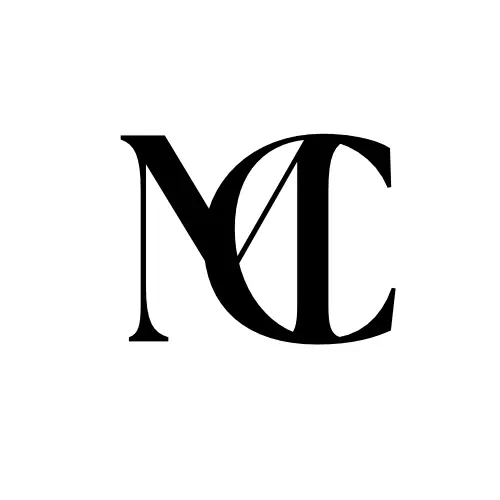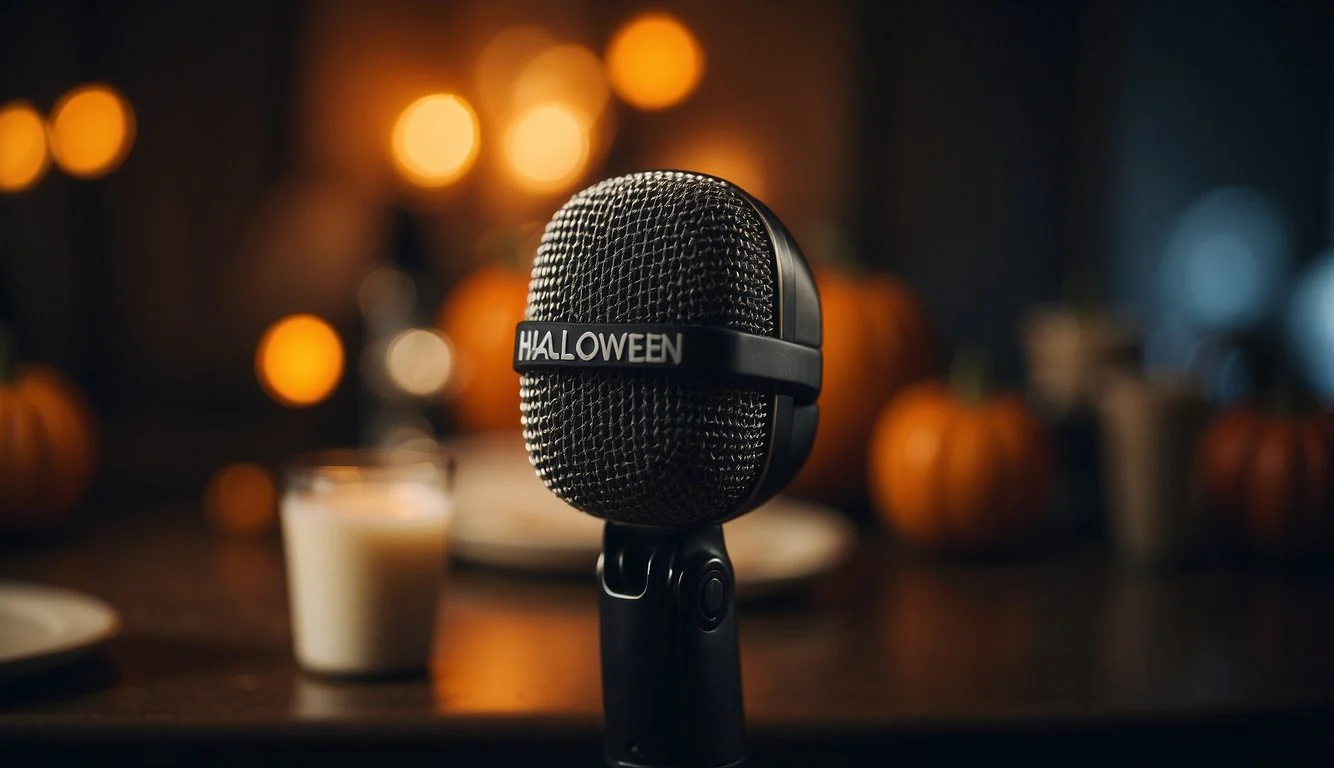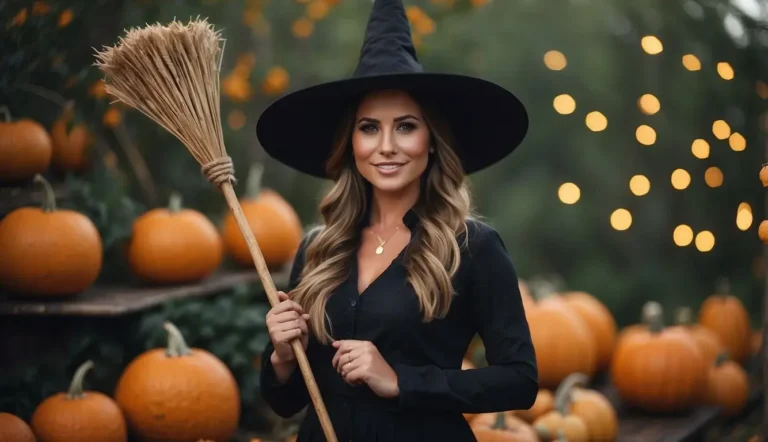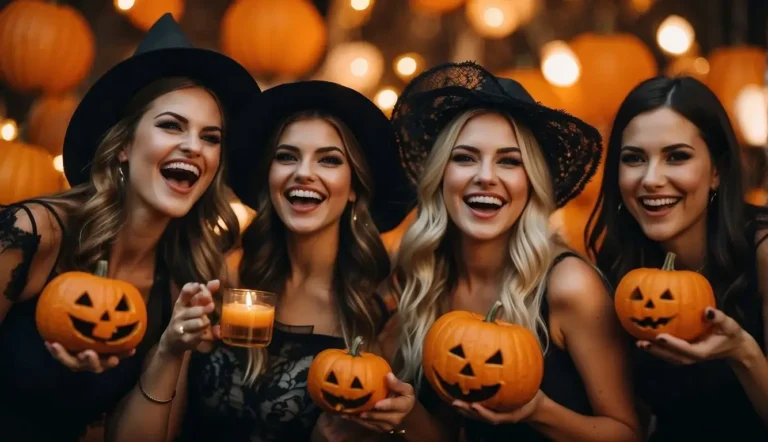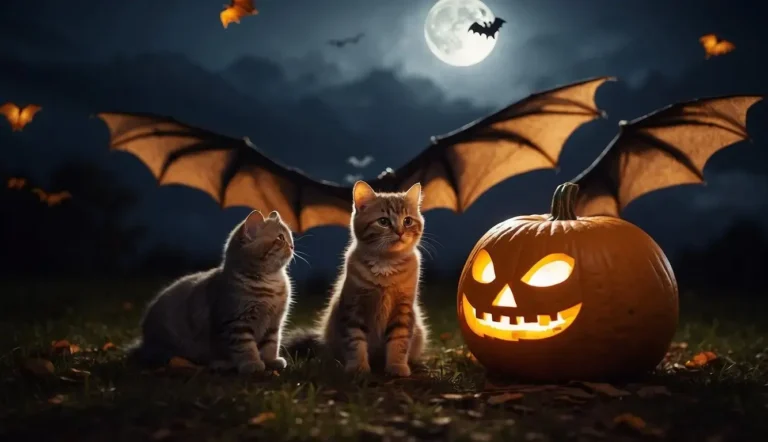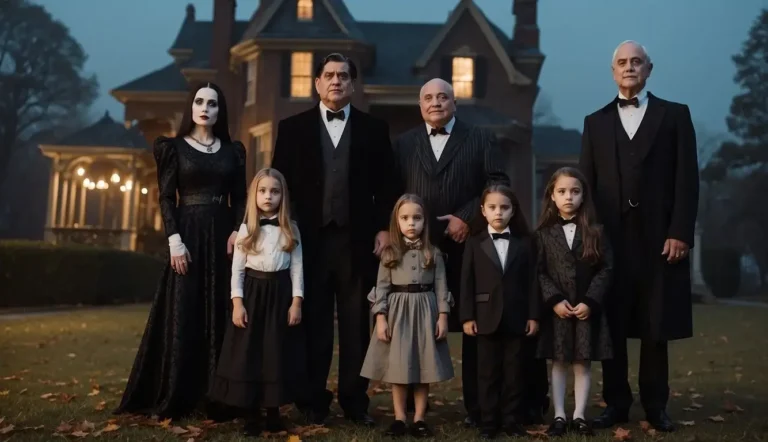Explore the skill of How to Pronounce Halloween with this brief guide, developed from hours of research to perfect your pronunciation. I’m excited to present a straightforward approach to accurately say this festive term, enabling you to easily join in the holiday’s celebrations.
- Pronouncing “Halloween” correctly enriches your spoken language.
- Different English dialects may influence the pronunciation of “Halloween.”
- Technological resources can assist with learning proper pronunciation.
Pronunciation Basics
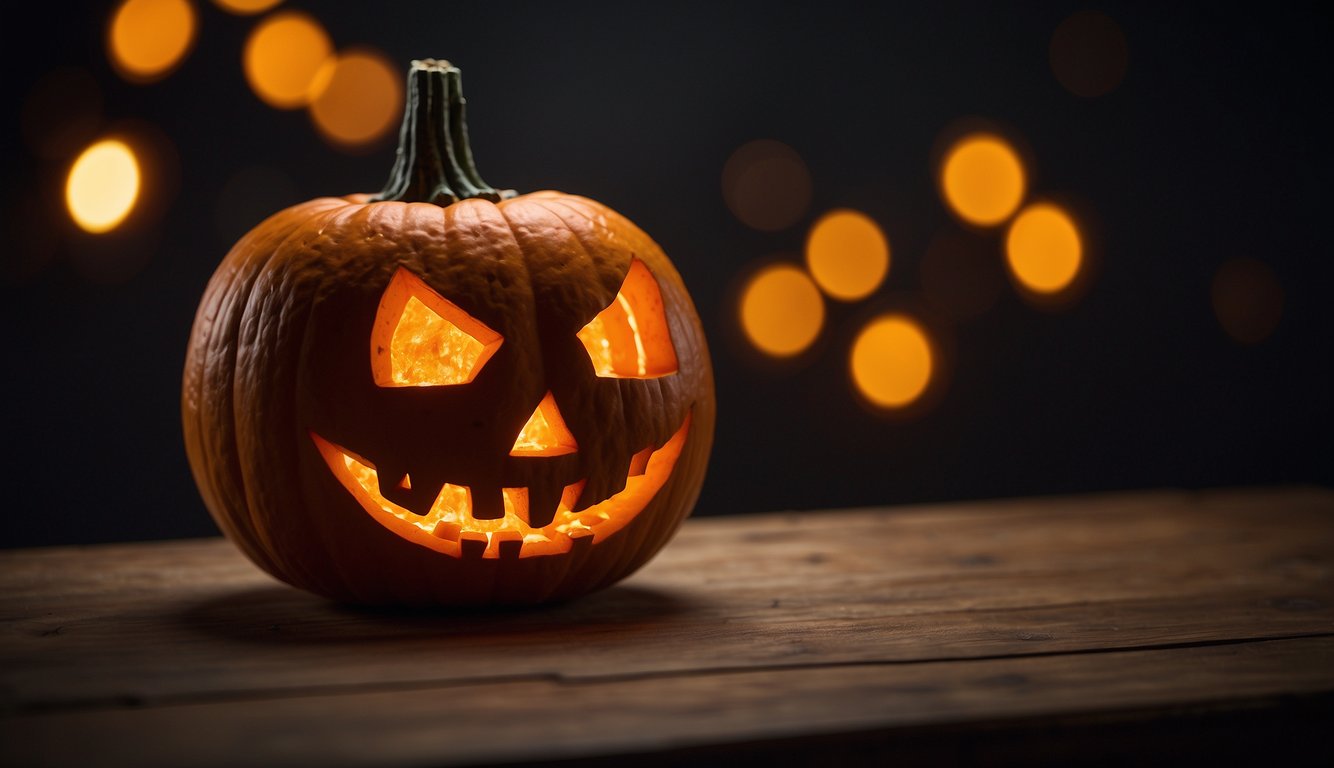
When I’m teaching the pronunciation of “Halloween,” I focus on its diverse sounds that blend to form this festive word.
Phonetic Breakdown
The word “Halloween” is phonetically expressed as /hæləʊˈiːn/. Here’s a simple breakdown of each sound:
- The first sound is /h/, which is soft and gentle, like the beginning of “happy.”
- The next sound /æ/, as in “hat,” stresses the open, flat “a.”
- The /l/ follows, which should be clear and pointed.
- In the middle, the /əʊ/ slides from a neutral sound into a rounded ‘o,’ similar to the word “hello.”
- Finally, the word ends with the long /iː/ sound, like in “seen,” followed by an “n”.
To get these right, I often practice by saying them slowly and then increasing my speed until I can say the whole word smoothly.
Common Mistakes
I’ve noticed some common mistakes when pronouncing “Halloween”:
- Mispronouncing /æ/: Some might say /eɪ/ as in “hay,” which changes the sound.
- Slurring /ləʊ/: It’s important not to blend the “l” into the “o,” so each sound remains distinct.
- Forgetting the long /iː/: A sharp, clear /iː/ is crucial, rather than a short /ɪ/ as in “hit.”
I like to remind students that the emphasis is on the second syllable, “loween,” which helps avoid another common error: placing the stress incorrectly. English pronunciation can be tricky, but with practice, you’ll be able to say “Halloween” just right.
Global Variations
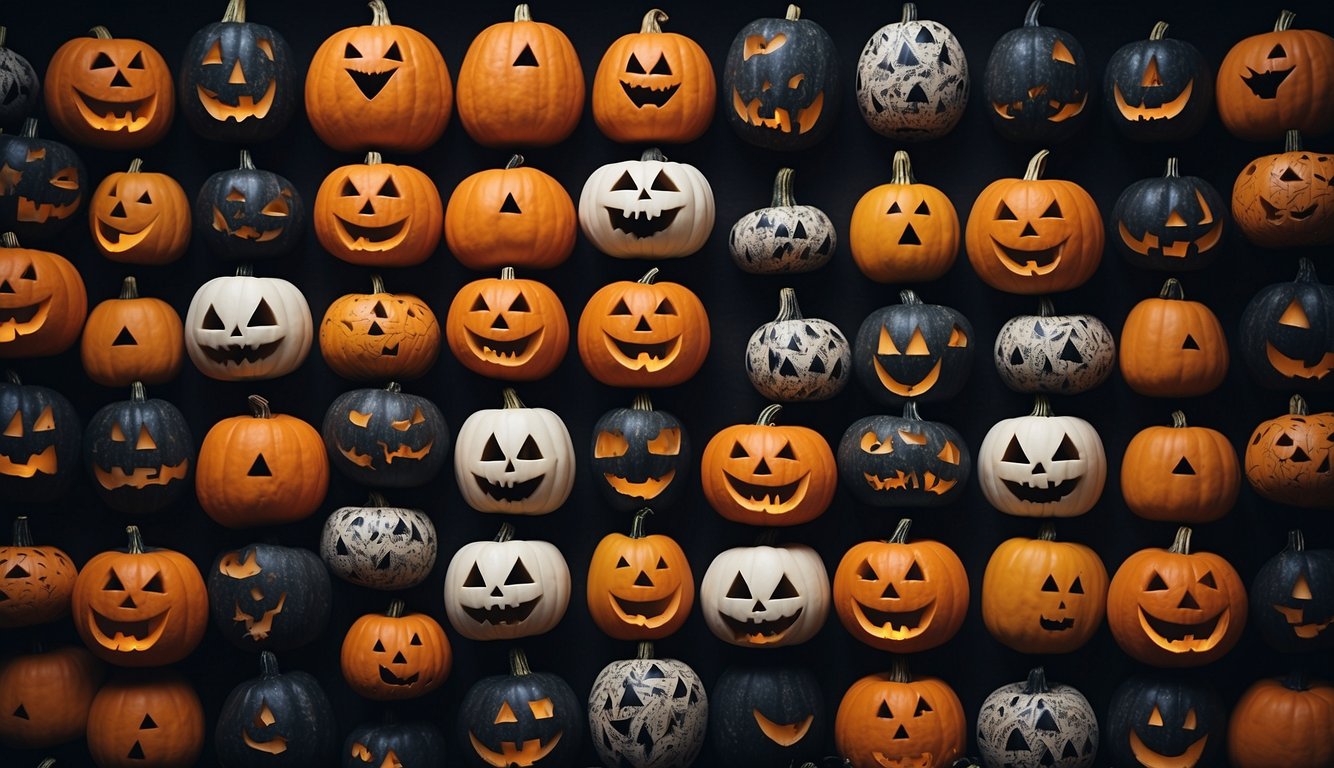
When discussing how to pronounce “Halloween,” it’s fascinating to note the subtle and not-so-subtle differences around the globe. Here, we’ll explore the main variations between American and British English and take a snapshot of how “Halloween” sounds across a swath of other languages.
American and British Differences
American English often emphasizes the first syllable, leading to a pronunciation like HAL-oh-ween. In contrast, British English tends to stress the second syllable slightly more, which can result in it sounding like huh-LOH-ween. Both these variations maintain the overall structure of the word, preserving the “een” sound at the end, akin to the pronunciation of “jeans.”
International Pronunciations
- German: The pronunciation leans towards HAL-o-veen, staying relatively close to the English version due to the shared alphabetic and phonetic similarities.
- Finnish: Finnish speakers might articulate it as HAL-lo-ween, giving more weight to the double “l” sound.
- French: Here, it’s pronounced more like ah-lo-WEEN, with a clearly accentuated end and a softer beginning without the “H” sound.
- Italian: The Italian pronunciation emphasizes the end of the word, al-lo-WEEN.
- Latin American Spanish: In Spanish, it often sounds like ah-lo-WEEN—very similar to Italian, with emphasis on the last syllable.
- European Spanish: Sometimes, you might hear it as ah-LOH-ueen, with a different vowel sound.
- Portuguese: In both European and Brazilian forms, it’s usually pronounced as ah-lo-WEEN, though accents can change the sound slightly regionally.
- Swedish & Norwegian: These languages typically pronounce it as HAL-oh-veen, closely resembling the German pronunciation.
Languages like Norwegian and Swedish might have minor differences, but they often follow the Germanic trend. It’s a testament to the diverse tapestry of global cultures and languages how a single word, “Halloween,” can adopt new characteristics to fit the phonetics of each language.
Technological Aids
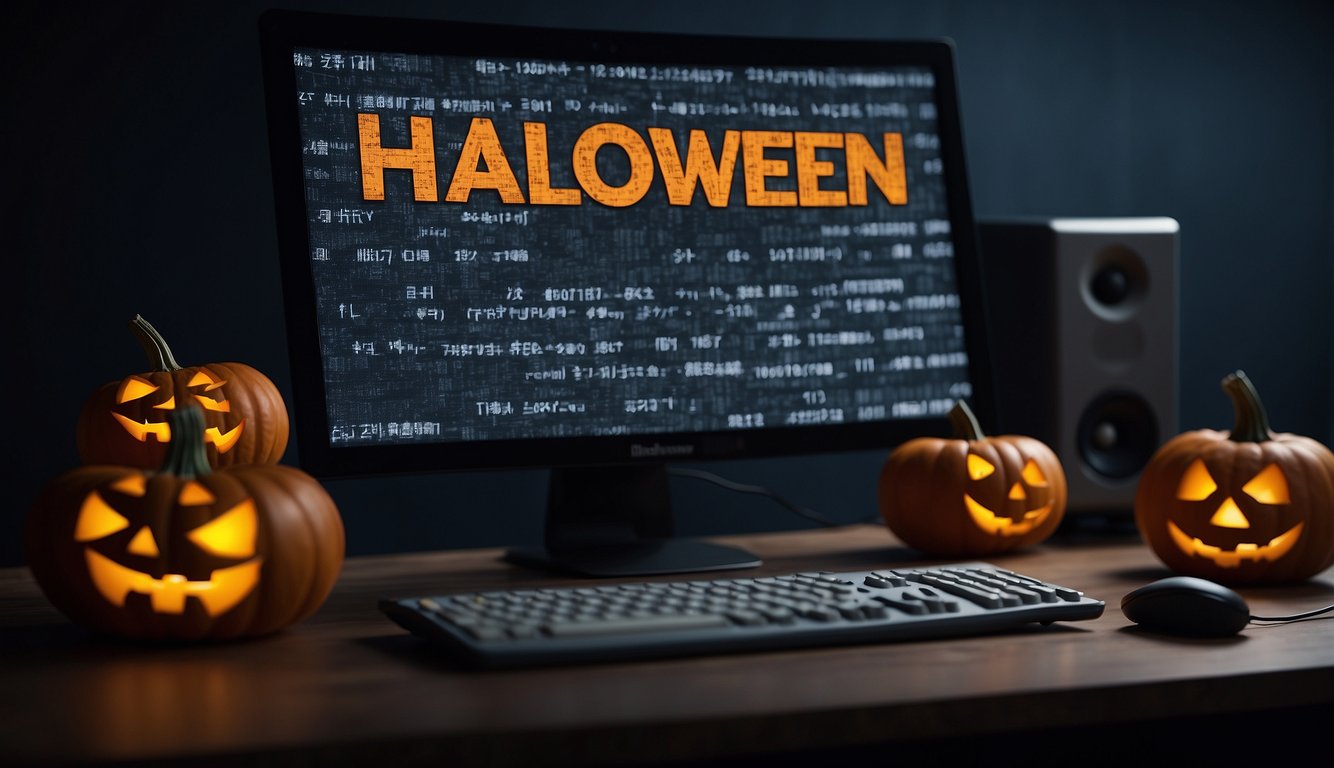
As someone passionate about linguistics and technology, I find the use of technological tools incredibly useful for mastering the pronunciation of tricky words like “Halloween”. These tools range from pronunciation apps that you can install on your devices to online resources accessible through a browser.
Online Resources
For quick access, I frequent online resources that offer English pronounce collections. With the convenience of my browser, these platforms provide immediate help with audio pronunciations. Besides, they offer a plethora of useful pronunciation guides, often accompanied by language translation tools to compare how a word like “Halloween” sounds in different cultures. Many websites also include interactive elements such as translate collections quizzes, enhancing my learning experience.
By using these digital tools, I fine-tune my pronunciation daily, making the process both effective and enjoyable.
Fun Facts
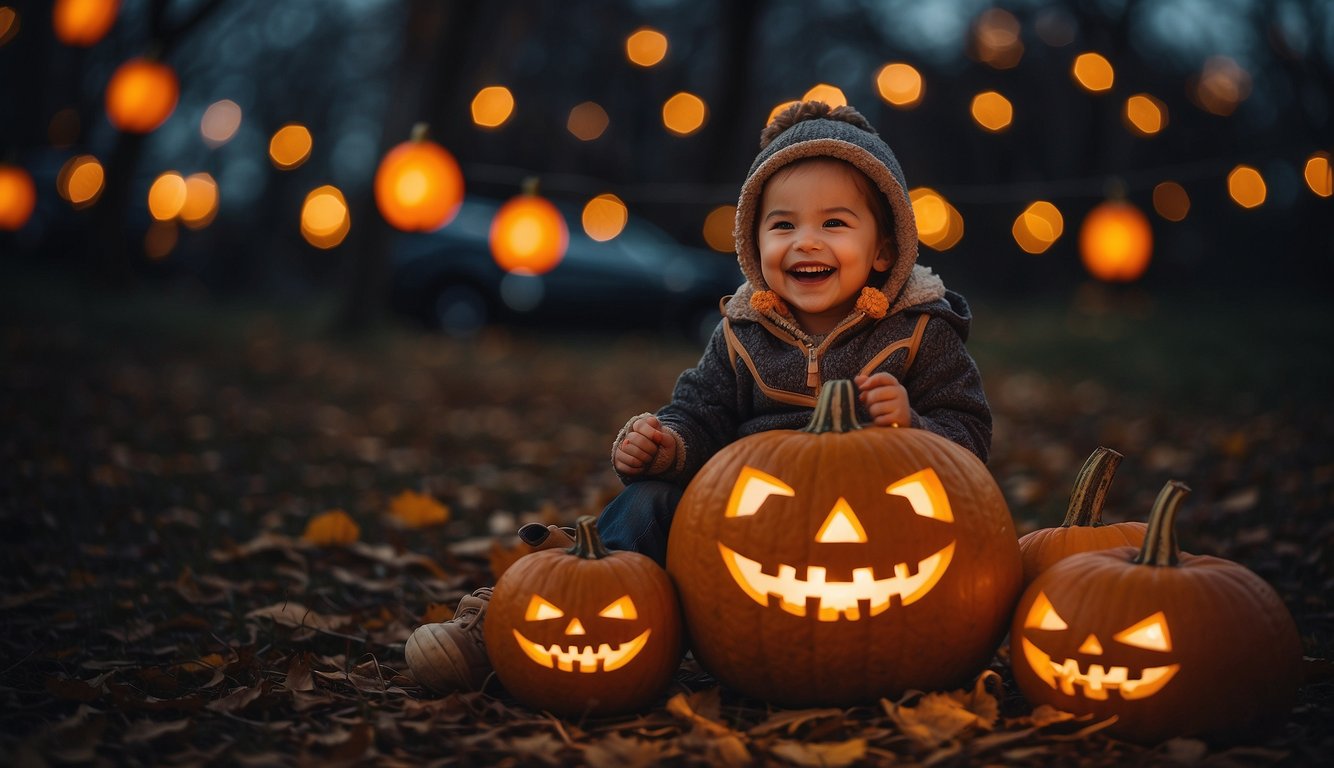
I’ve gathered some fascinating trivia that illustrates the depth of Halloween’s cultural impact, especially focusing on its name origin and how it has been pronounced throughout popular culture.
Halloween’s Name Origin
Halloween’s etymology is quite interesting. I found that the name originates from “All Hallows’ Eve,” which is the night before All Saints’ Day. This term eventually evolved into the word Halloween. Specifically, it comes from the Old English word ‘hallowed’, meaning holy or sacred. So when we’re talking about Halloween, we’re essentially referring to the evening that is hallowed or set apart for remembrance.
Pronunciation in Pop Culture
The way Halloween is pronounced can vary in different regions and has been influenced by various linguistic factors. In popular culture, Halloween has been pronounced in different ways in movies, TV shows, and songs, reflecting the divergent English-language accents. For example, you can learn the correct American English pronunciation of this eve from How to Pronounce Halloween? showcased on YouTube. Similarly, you can hear the word spoken in British English from educational resources like the Cambridge Dictionary. These differences highlight that the pronunciation of Halloween isn’t just about correct or incorrect; it’s about cultural expression and linguistic diversity within the English language.
FAQ – How to Pronounce Halloween?
What is the standard pronunciation of Halloween?
Halloween is typically pronounced as /hæl.əˈwiːn/ or /ˌhæl.oʊˈiːn/. It consists of two syllables: the first syllable sounding like “hal” as in “halogen” and the second syllable sounding like “ween” as in “weeny.
Why is there sometimes confusion about pronouncing Halloween?
Variations in pronunciation can arise from regional dialects and accents. For example, in some accents, the “a” in the first syllable might sound more like a short “o” as in “hot,” leading to a pronunciation closer to “holloween.”
Is it ever pronounced with a silent ‘H’?
Typically, the “H” in Halloween is not silent. However, in some regional accents or dialects, the “H” might be less pronounced, making it sound almost silent.
If you enjoyed reading about How to Pronounce Halloween?, check out our other articles:
- Costumes Halloween Essentials 2024: Choosing the Perfect Outfit
- Scary Adult Halloween Costumes 2024: Unleash Your Frightening Side!
- Addams Family Halloween Costumes 2024: Inspiration for Your Spooky Ensemble
- Mom and Daughter Halloween Costume Ideas for a Spooktacular Duo 2024
- Halloween Animals 2024: Furry & Feathery Friends of the Spooky Season
Feel free to also check out our other Articles from the category “Community Events“ and don’t forget to follow us on Pinterest.
